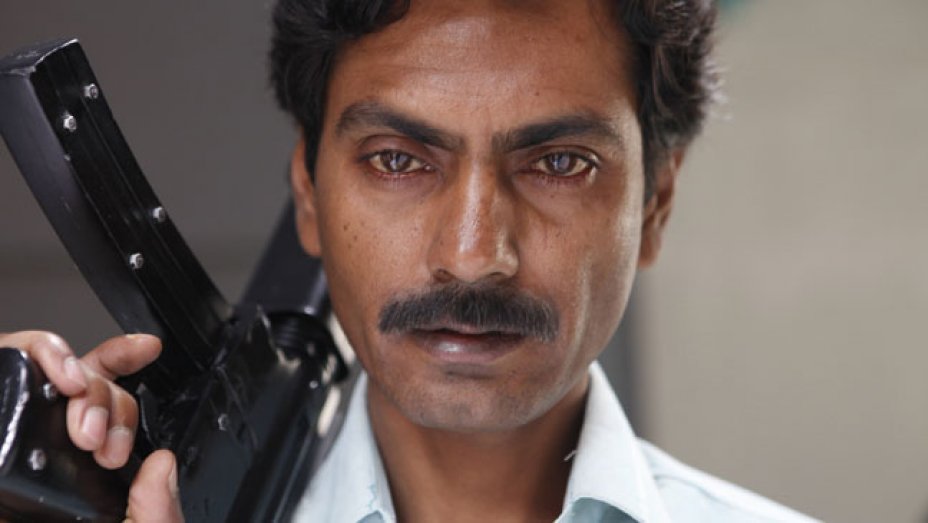Gangs of Wasseypur — The Hollow Epic
After careful examination of Anurag Kashyap’s well-renowned work in Gangs of Wasseypur and recently Sacred Games, one can make a variety of claims. His works may be more gritty and authentic but terms like that get tossed around by filmmakers everywhere without actually trying to make them work in the story they are attempting to tell. Stories are journeys of discoveries but often the satisfying ones which are certain about some characters and take a moral stand.
Sure, there are memorable lines and character interactions in Gangs Of Wasseypur sprinkled throughout its runtime. Lines are spoken by characters that mirror reality through a raw lens, inarguably more authentic than the ludicrous fantasies many big studio Hindi films offer today. But what’s lacking is a sense of morality or focus on the main threads of the narratives. Gangs of Wasseypur Part 1, for example, starts with a shootout which repeats later in the second film only to continue the story into another significant chunk. So the purpose of that inciting incident wasn’t really to incite or end anything, Was it? Or were we to savour the gunshots and dingy streets in a single long t
The story actually begins with Shahid Khan who is murdered by the orders of the politician Ramadhir Singh and the revenge drama develops into a massive 5-hour epic which is enjoyable in parts for sure, mainly due to eccentricities exhibited by the characters, but ends in “Definite” killing Faizal Khan who is his step-brother. The narrator, who basically explains the whole story in voice-over throughout many sections, exclaims that “Wasseypur wasn’t affected by Faizal’s death, nor due to Ramadhir Singh’s death, It was a battlefield then and it is a battlefield now and will perhaps always be.” Now if someone, who is looking to figure out what to do in life, receives that cynical piece of advice then where is one to look for hope?
The Godfather series is ultimately a family tragedy which Gangs of Wasseypur could gloriously have been for Indian audiences but instead, it turned out to be a hollow, if not depressing and hopeless look at society. Vito Corleone, in The Godfather Part 1, hopes for this son Micheal to become the true Godfather that people respect. As in the very famous first scene, someone offers Vito money on the day of his daughter’s wedding to commit murder. He realises that he has no real respect or friends but only fear from the rest of the community. But the Mafia still stands a moral high ground because the police
What Anurag Kashyap is really good at, is getting his actors to be uninhibited in their performances which is a quality of a great director but what’s lacking is the structural focus and perspective control in his narratives. He often fails to make a point entirely, even metaphorically or symbolically or visually. A theatre is a place where the audience comes to hear the truth. Drama helps us face that truth. I am paraphrasing Aristotle here. That’s why we would pay our hard-earned money and watch something horrible happen to someone else on a screen so that we can gauge what were we to do if we were in a situation like that? We go there to seek moral instructions not to come out feeling cynical and nihilistic. We can do that sitting at home doing nothing at all very well, thank you.

